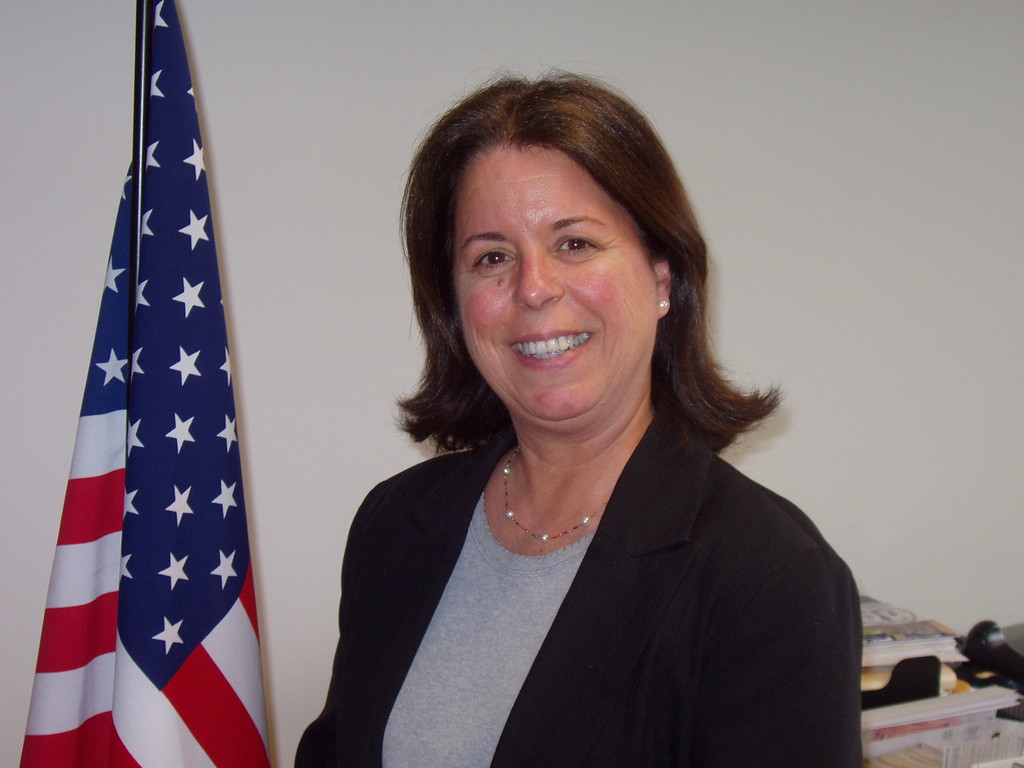Long Beach school board race kicks off
Newcomer, incumbents vie for two seats
A longtime Long Beach School District employee has jumped into this year’s school board race against two incumbents.
On May 15, residents will vote on the proposed $122.1 million 2012-13 budget as well as the three candidates, who are contesting two seats.
Incumbents Gina Guma and Darlene Tangney, who were elected in 2009, maintain that the board has worked closely with the administration on the spending plan, which, for the second consecutive year, keeps all existing programs and does not increase operating costs.
Their challenger, Stewart Mininsky, who recently retired from the district as a maintenance department mechanic, said that he would do more to limit spending, especially when it comes to administrative costs and salaries. “As an insider,” said Mininski, whose three children attended Long Beach schools, “I have a different view of things.”
Tangney and Guma said that despite contractual obligations, the board has worked to address administrative expenses, and the budget includes a number of staff reductions through attrition, which school officials said are based mostly on multi-year enrollment trends. It also consolidates a number of positions, including an assistant principal and the director of guidance at the high school.
“We did not cut programs from our students, and we’re very proud of that,” said Tangney, a retired executive assistant at the Manhattan Savings Bank. “In order to get to that zero [operating increase], we needed to cut the budget by $2.3 million, which is what we achieved without affecting programs for our children.”
Both Guma and Tangney said they believe the budget is fair, and that the only component that is growing is the payment on a $98 million bond to fund the district’s school-preservation plan, an initiative to upgrade facilities that was approved by voters in 2009.
The budget’s 3.74 percent tax levy increase is intended to help reduce the principal on the bond. With districts facing a state-mandated 2 percent cap on their tax levy increases — though there is an exemption in the law for capital projects such as the preservation plan — drafting the budget was a challenge this year, Guma said.











